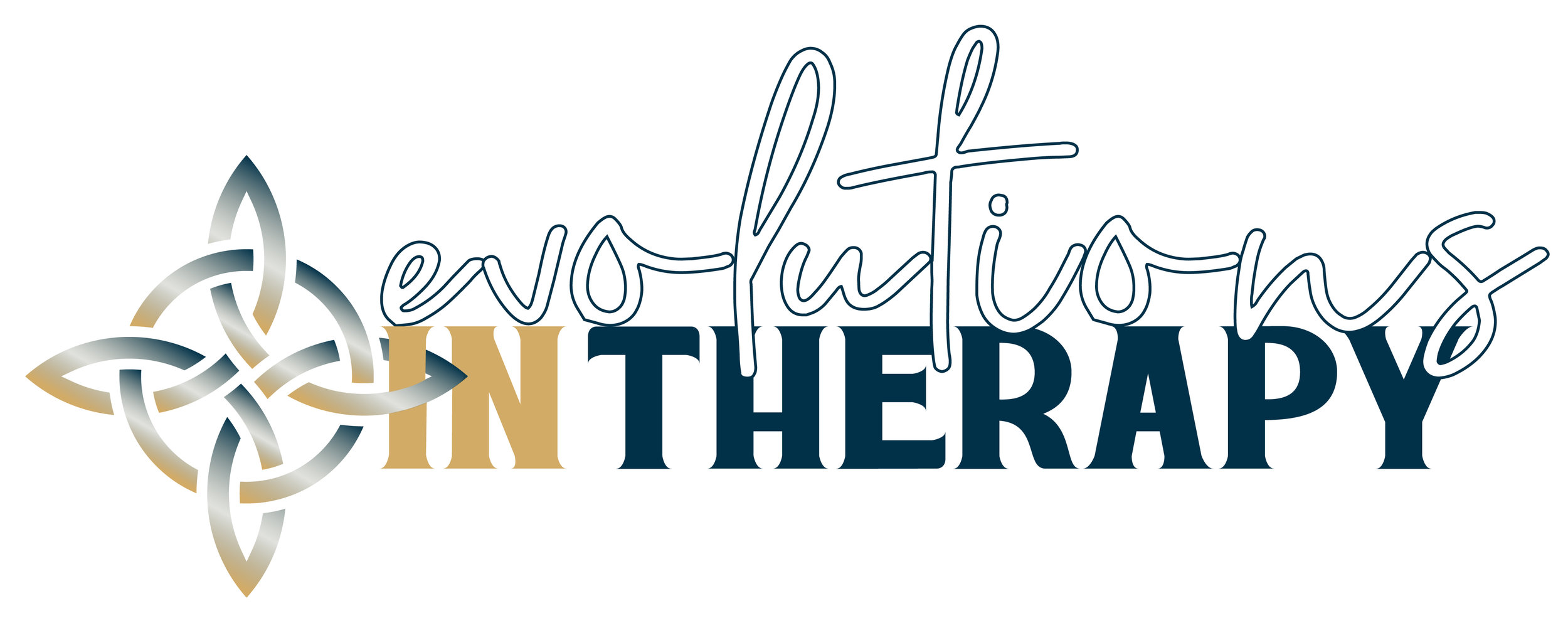EFCT - Emotionally Focused Couple Therapy
In our society, instant gratification has become a dominant theme, and, with that, discarding that which does not please us in the short term becomes the norm.
The most basic need, as repeated by Pat Ogden, Susan Johnson and other research therapists, is that human beings need connection to survive and thrive. We are social bonding mammals. When a mother first holds her newborn, she receives a flood of the chemical oxytocin, sometimes called the “love hormone,” which also reduces the anxiety hormone, cortisol. Oxytocin causes the sensation that causes us to desire to be near that individual that triggered this reward. Oxytocin is also the reward the body receives when in the company of a mate or potential mate. Falling in love is accompanied by a release of oxytocin which helps to keeps us together. Over time, the reward chemical is still present but at a lower rate, and this is when partners begin to see what they experience as “faults” in the other.
What about love? All science agrees that being in a loving supportive relationship creates in each individual a stronger immune system, greater happiness, reduced stress, and that safe harbor from which successful individuals sail into life. However, over time, this primary relationship can become injured and tattered. Again, using attachment theory as a basis our understanding of, this is not a thought disorder.
Emotionally focused couple therapy (EFCT), does not rely on unexpressed thoughts but unexpressed, and usually vulnerable, feelings and emotions. EFCT is a process that helps couples discover and then express these hidden feelings. With the help of an EFCT-trained therapist, it begins as one person takes a small emotional risk, and their partner learns to both hear and respond to this risk. This in turn allows the listening partner to take a similar risk. Over a relatively short period of time, the couple rediscover one another at a deeper and more rewarding level. As Susan Johnson says, the problem is not in either partner, but in the relationship.
“Over a relatively short period of time, the couple rediscover one another at a deeper and more rewarding level.”

